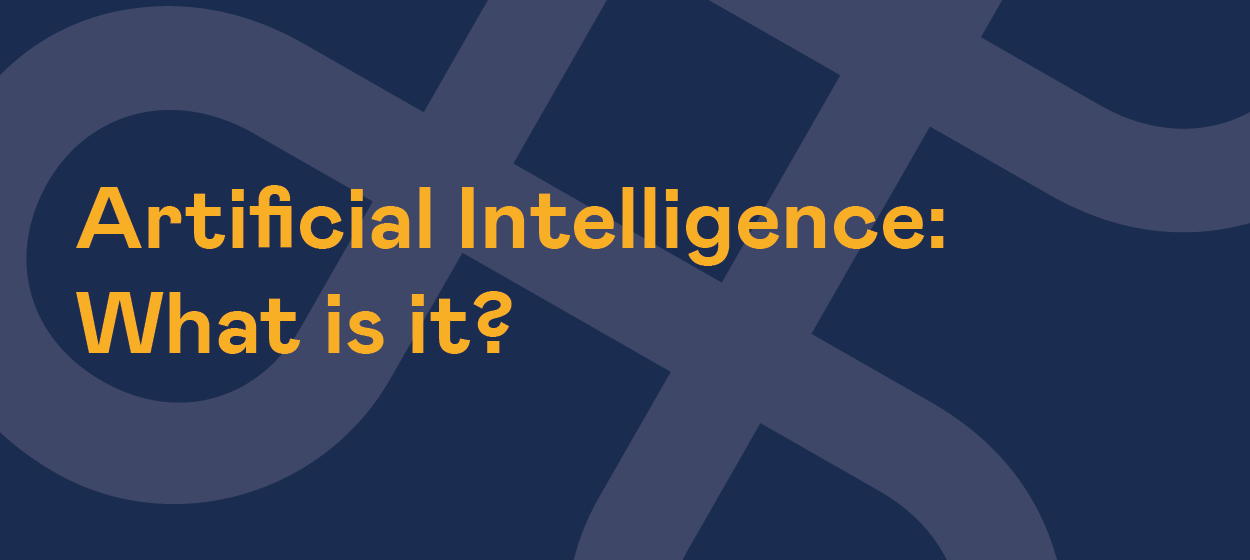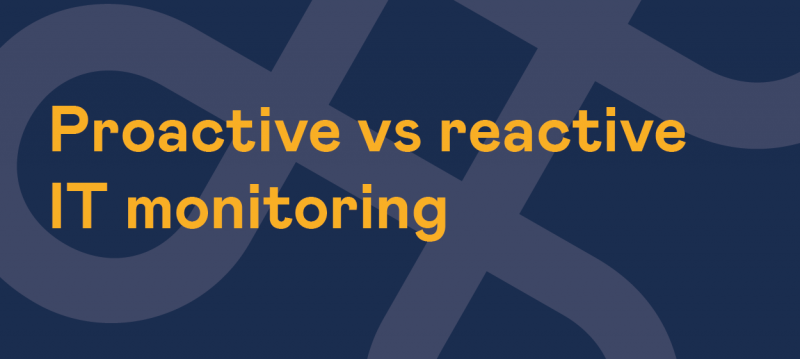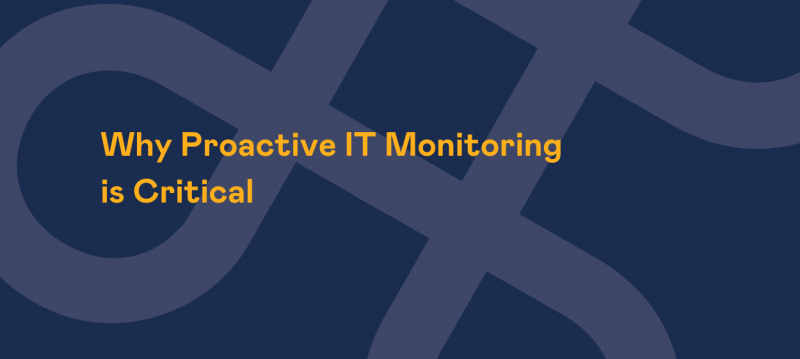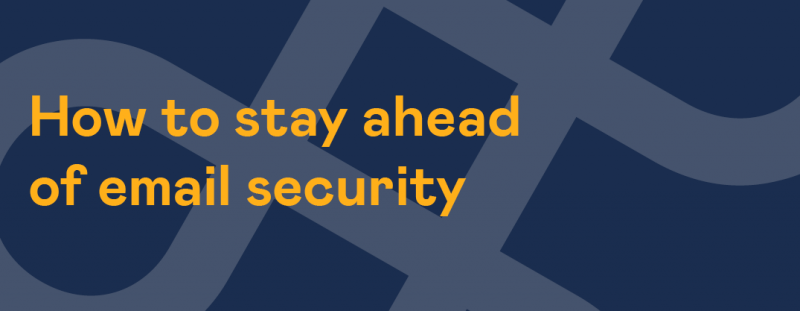Artificial Intelligence (AI) has been the talk of the sector for quite some time now, but it has only recently become more mainstream for businesses and individual users of technology.
If you’re still getting to grips with it, here’s a quick definition from IBM that we like:
Artificial intelligence leverages computers and machines to mimic the problem-solving and decision-making capabilities of the human mind.
Essentially, it’s super smart machines that have been programmed to do tasks that usually require human intelligence. Some examples you may have seen include:
- self-parking cars
- chatbots providing customer service
- speech interpretation (Siri, Alexa)
- text editors and autocorrect
- facial recognition
With more and more businesses using AI this year, we wanted to run you through a few words of caution.
As with any new bit of tech, the early days are packed full of users asking question after question. Usually amongst the top 3 questions:
- What does it do?
- How can I use it?
- Is it safe?
You see, not only can the super-smart AI be massively useful to us, but they also need to be caveated with a couple of warnings:
Warning 1: Cybercriminals are using AI to launch attacks
Unfortunately, when something with massive potential falls into the wrong hands, it can often be weaponised. Right now, AI has become the cyberweapon of choice with NATO calling it a critical threat.
Cybercriminals are looking to AI to do all of their heavy lifting. No longer are cybercriminals manually sending phishing emails or trying to guess passwords. Instead, they are turning to AI and its capabilities for deep learning to allow for consistent and educated attempts to break into networks, getting closer and closer as it learns from its previous attempts.
AI is also being used as a scouting device, scanning cyberspace and looking for vulnerable businesses and individuals to identify future attacks. The algorithms that AI uses means that it can easily spot behaviour patterns so you can be certain that this is happening all the time.
Essentially, hacking is being taken to the next level with AI. Everything that cybercriminals were able to do is now a bit easier, a bit more automated and a lot more sophisticated. An example of this is the deepfake content that is being used to entice users to surrendering personal information. Think you’ve got a text from a family member asking for money? Think again.
Attacks are becoming more persistent and, once the cybercriminals are inside, can be deadly. Infrastructures can be destabilised and shutdown, data held as ransom.
Warning 2: AI devices are also vulnerable to cyberattacks
Just like any other computer device or piece of software, AI is vulnerable to attacks.
In fact, due to the way that it is programmed and its capability for deep learning, there is a potential that it is even more open to attacks than other devices. Who is to say that AI could not itself fall prey to Social Engineering techniques just like us?
Should your device that has AI on it be hacked, cybercriminals could easily get in and change the code. If this falls into malicious hands, you’re looking at the AI’s normal decision-making processes being changed to something altogether more damaging.
Small, hard to detect tweaks to the AI’s code could cause your business a serious amount of money. Machines could be trained to make mistakes, leak confidential information or even to stop working.
The answer?
Funnily enough, in most cases, the answer is also AI – fighting AI with another AI.
In the exact same way that cybercriminals are using AI to scan for new targets, cyber-defences are also employing AI to scan for cyberattacks or vulnerabilities. We know that cyberattacks are getting more regular, more relentless, so it will be critical to automate our defences using AI.
It’s still early days for AI, however, and where it goes next, we’re not entirely sure.
For now, here some trusted steps you can take to keep safe whilst online:
- Use a virtual private network when accessing business data
- Stay away from public wi-fi networks
- Use genuinely strong, unique passwords
- Enable multi-factor authentication
- Stay away from dodgy links and posting too much personal information on social media
For more answers for how you can keep yourself safe online, please click here.



